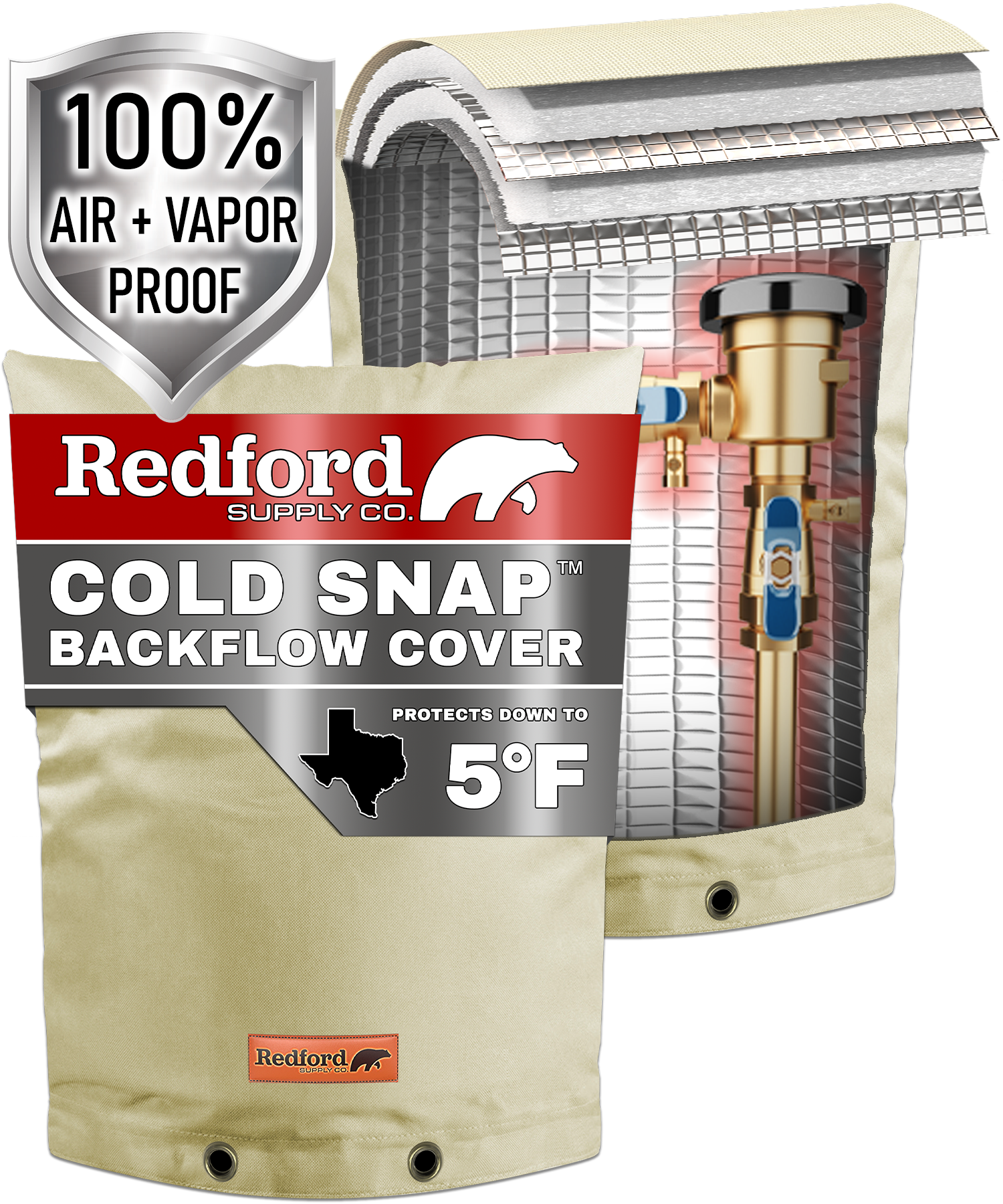
5 Essential Tips to Protect Your Outdoor Equipment This Winter
As winter approaches, it's crucial to ensure your outdoor equipment is ready to withstand the cold. Freezing temperatures can cause significant damage to your pipes, faucets, and other outdoor systems if they aren’t properly protected. This blog post will walk you through five essential tips to keep your outdoor equipment safe during the winter months.
Tip 1: Insulate Your Pipes with Cold Snap Covers Pipes are particularly vulnerable to freezing and bursting during winter. By using Cold Snap Double Wall™ Backflow Covers, you can insulate your outdoor pipes effectively. These covers are designed to fit securely and provide excellent protection against freezing temperatures.
Tip 2: Protect Outdoor Faucets Faucets can easily freeze and cause water supply issues. The Cold Snap Outdoor Faucet Cover is an ideal solution to prevent freezing. It’s easy to install and provides a snug fit that keeps your faucet insulated throughout the winter.
Tip 3: Secure Your Wellhead Wellheads need protection to avoid freezing, which can disrupt water supply. The Cold Snap Wellhead Cover™ is specially designed to protect wellheads from freezing temperatures, ensuring continuous access to water even during the coldest months.
Tip 4: Use RV Water Hose Tape for Additional Protection For those who own RVs or have outdoor water hoses, the Cold Snap RV Water Hose Tape is a must-have. This tape insulates hoses and prevents them from freezing, making it perfect for both stationary and mobile use during winter.
Tip 5: Regular Maintenance Checks Lastly, regular maintenance checks are vital. Inspect all your outdoor equipment regularly to ensure that all protective measures are intact. Replace any damaged covers or insulation products immediately to maintain full protection.
Conclusion: Winter doesn’t have to be a nightmare for your outdoor equipment. By following these tips and using the right products, like Cold Snap covers and tapes, you can keep everything safe and functional throughout the season.












